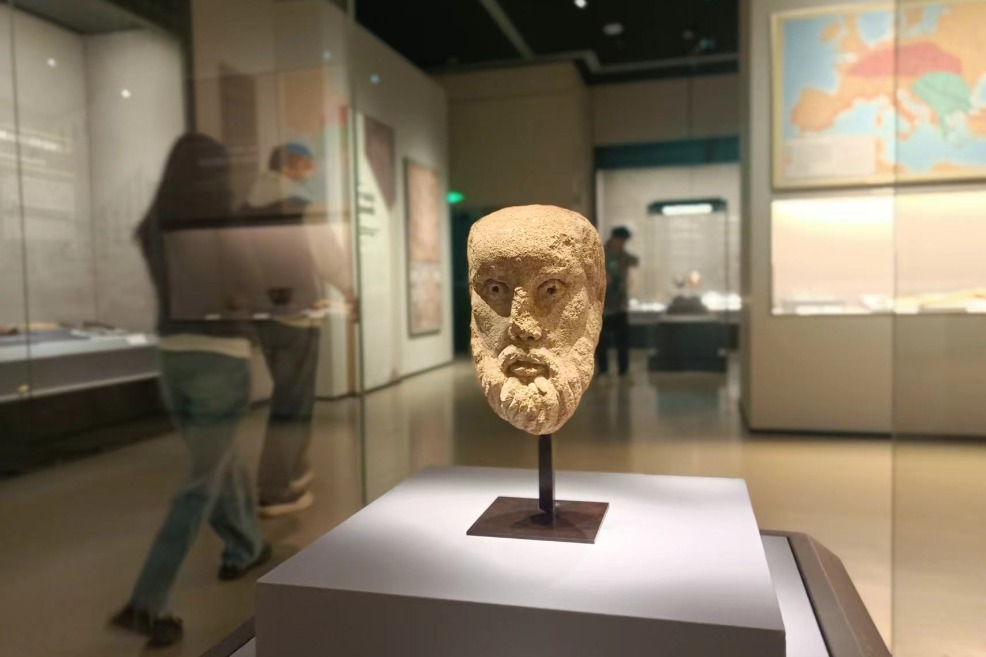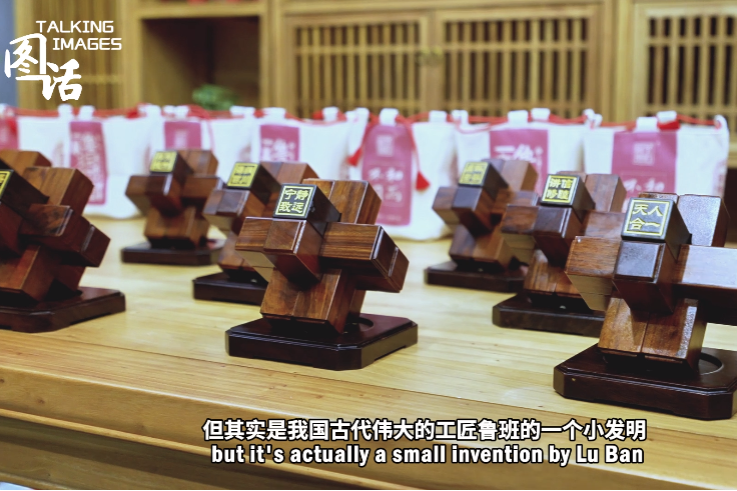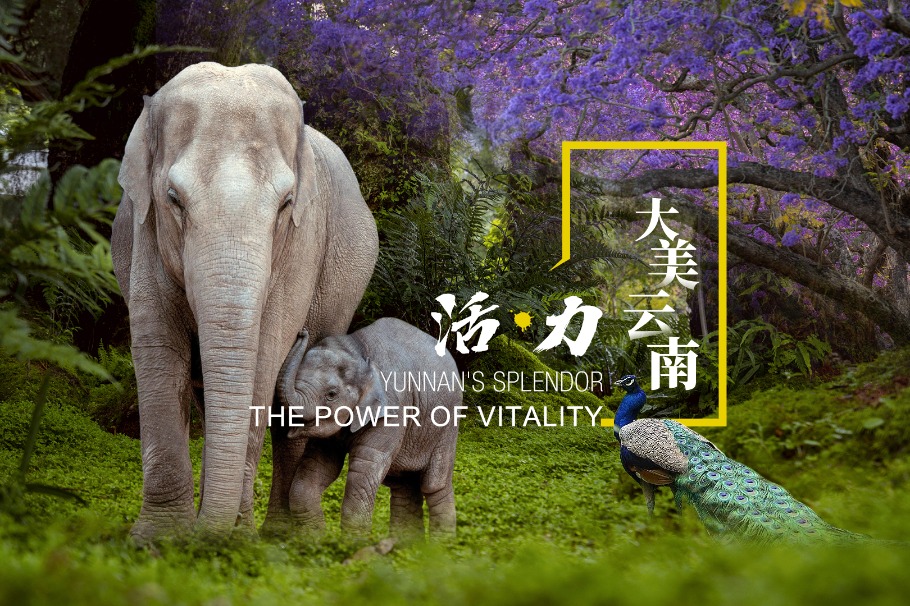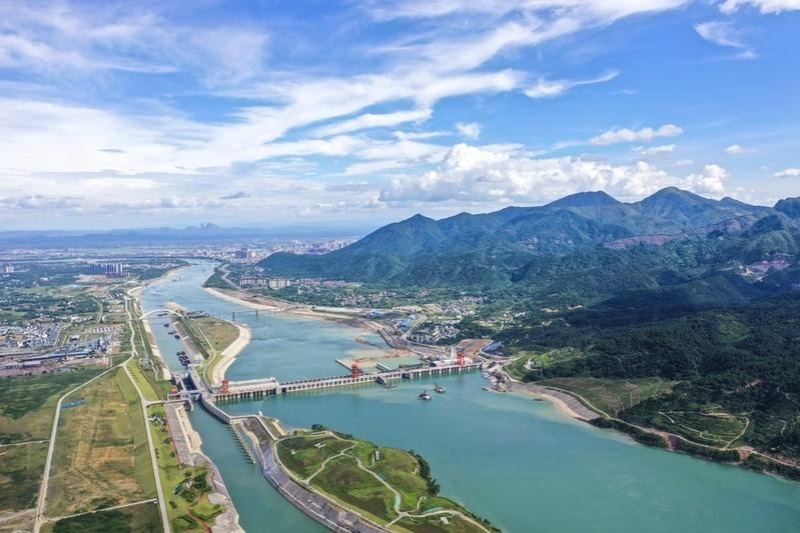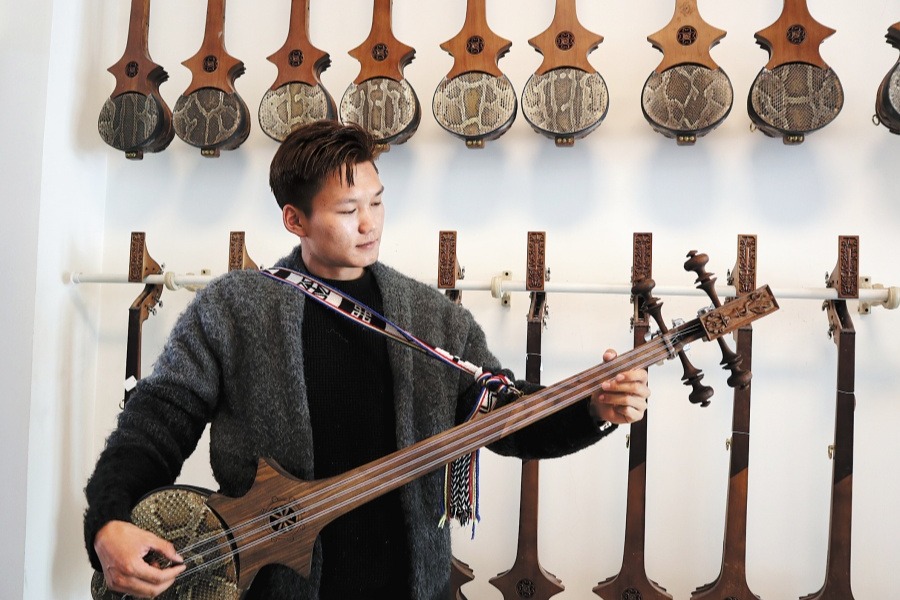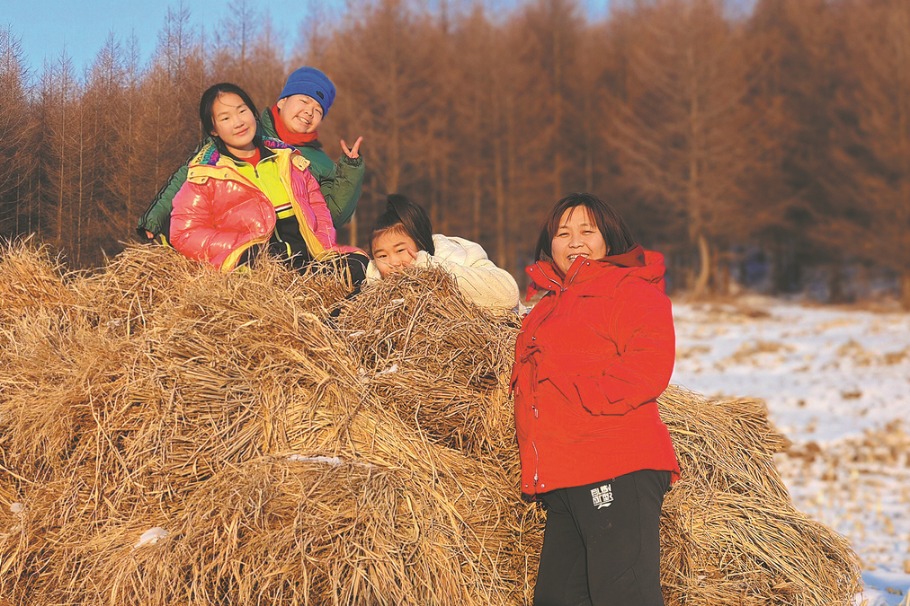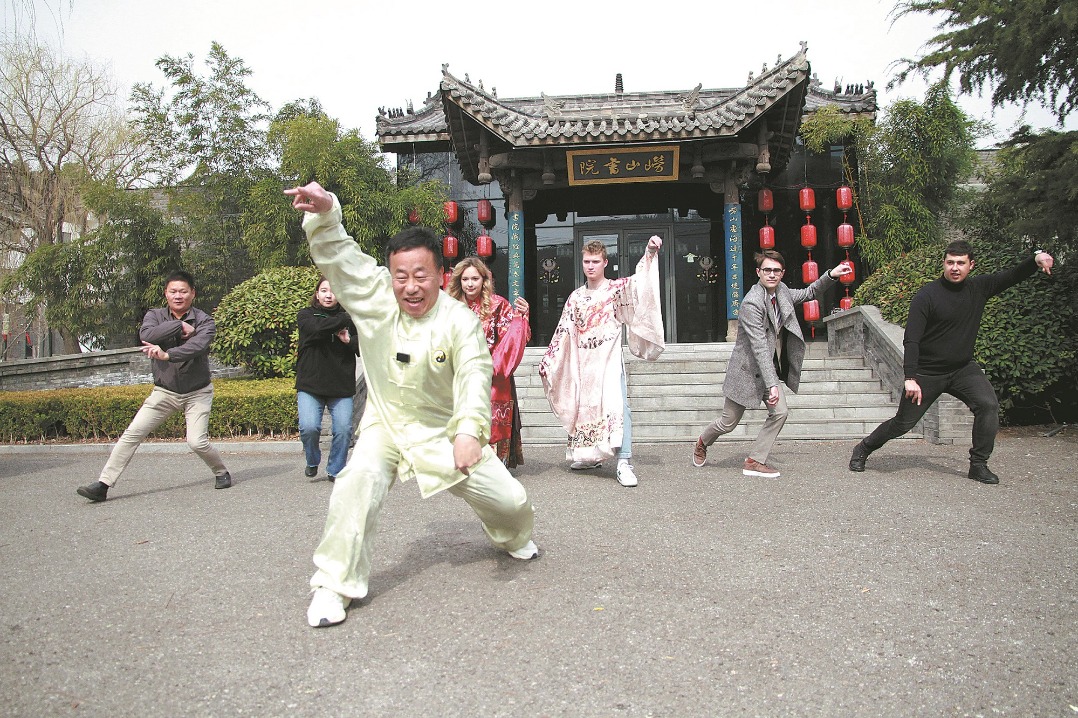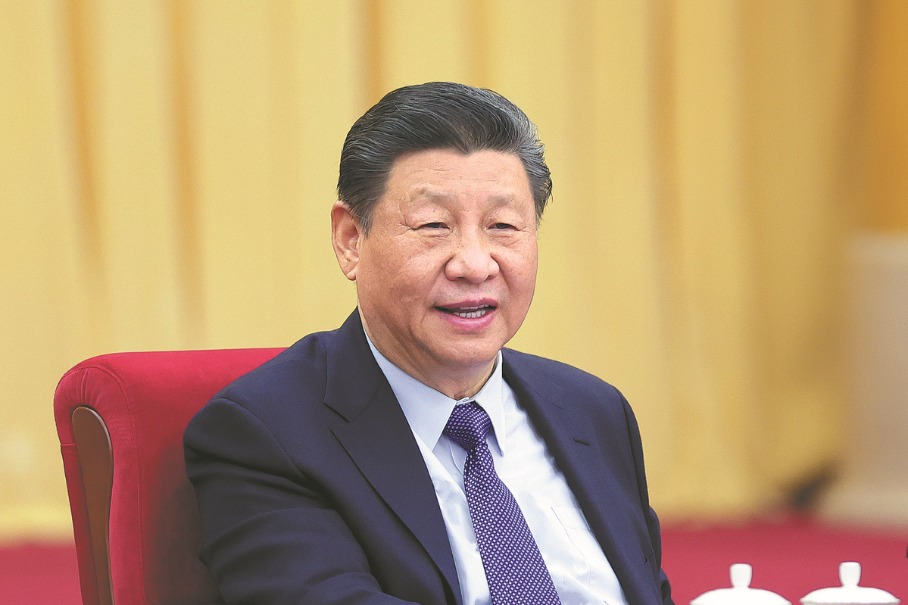Xi's vision set to further drive region's growth

Asia-Pacific urged to seek win-win cooperation, oppose protectionism
Amid a slow global economic recovery and mounting uncertainties, the international community is highly anticipating what proposals President Xi Jinping will put forward to deepen cooperation to propel regional and global economic growth when he meets in San Francisco with other leaders and representatives of the Asia-Pacific Economic Cooperation economies.
The upcoming 30th APEC Economic Leaders' Meeting takes place at a critical time in which the world economy faces growing instability, and there are widely shared expectations about the role of the Asia-Pacific region, which is home to 2.96 billion people, represents 62 percent of global GDP and encompasses 47 percent of international trade, as an engine of global growth.
Xi has participated in each of the APEC Economic Leaders' Meetings in the past decade. On various occasions, he has voiced support for openness, inclusiveness and win-win cooperation to drive regional and global economic growth, and called for maintaining an open, fair and nondiscriminatory multilateral trading system and opposing all forms of protectionism.
At the 22nd APEC Economic Leaders' Meeting, which was hosted by Beijing in 2014, Xi said that APEC member economies are brought together by the waters of the Pacific Ocean, and they have a shared responsibility to make the Pacific "an ocean of peace, friendship and cooperation, an ocean that brings peace, development, prosperity and progress to the Asia-Pacific region".
Guided by such a vision, China is an active advocate of Asia-Pacific economic cooperation, which has given powerful impetus to the development of the region and greatly improved people's well-being throughout the region.
In 2022, trade between China and other APEC economies exceeded $3.7 trillion, accounting for 59.7 percent of China's total foreign trade, according to the Ministry of Commerce.
China has been an active participant in negotiations on tackling trade barriers and facilitating cross-border investment. In the three decades since it joined APEC, China's average tariff level has dropped from 39.5 percent to around 7 percent, according to the ministry.
Koh King Kee, president of the Centre for New Inclusive Asia, a Malaysia-based nongovernment think tank, said that China has been a locomotive of global growth over the past decade, largely due to its pivotal position in the global supply chain, its massive consumer market and its efficient manufacturing ecosystem.
China's peaceful rise has a positive spillover effect across the region as the country has maintained a win-win cooperation policy toward its partners, Koh said in an interview with Xinhua News Agency.
At the 29th APEC Economic Leaders' Meeting in Bangkok last year, Xi called for building an Asia-Pacific community with a shared future. He underlined the need to pursue open regionalism, strengthen coordination on macroeconomic policies among APEC members, and steadily advance regional economic integration for the early realization of a high-standard Free Trade Area of the Asia-Pacific.
"China will work with other parties on the full and high-quality implementation of the Regional Comprehensive Economic Partnership, and continue working toward joining the Comprehensive and Progressive Agreement for Trans-Pacific Partnership and the Digital Economy Partnership Agreement, for the purpose of promoting integrated development of the region," Xi said.
To honor its commitment, China has been actively participating in the APEC agenda and advocating true multilateralism. Through the Belt and Road Initiative and the Global Development Initiative, China has pooled strength for the common development of Asia-Pacific countries.
Multilateral coordination is key for tackling rising debt, climate change, green economy transition, protectionist trade policies and supply chain disruptions, said a report unveiled by the regional economic forum on Sunday.
"We need to have cooperation among all of us (because) the world is global, and the problems are global. So, if we work individually, not coordinating all together, it's going be hard to do things," Carlos Kuriyama, director of the APEC Policy Support Unit, said on the sidelines of a media briefing on the APEC Regional Trends Analysis report.
This year's APEC Economic Leaders' Meeting is themed "Creating a Resilient and Sustainable Future for All". The Foreign Ministry has said that China hopes all parties will remember what brought countries and regions in the Asia-Pacific together in the first place, focus on the region's urgent needs, deepen solidarity and cooperation, and deliver on the APEC Putrajaya Vision 2040 in an all-around and balanced way.
According to the APEC Putrajaya Vision 2040, APEC members aim to create an open, dynamic, resilient, peaceful Asia-Pacific community by 2040, achieving shared prosperity for the people of the Asia-Pacific region and future generations.
Rebecca Fatima Sta Maria, executive director of the APEC Secretariat, said that the aim of APEC is not about trade-offs but finding common ground and shared benefits.
The China-proposed Global Civilization Initiative is consistent with the spirit of APEC, as it aims to promote tolerance, coexistence, exchanges and mutual learning for the development of a community with a shared future for mankind, she said.


















